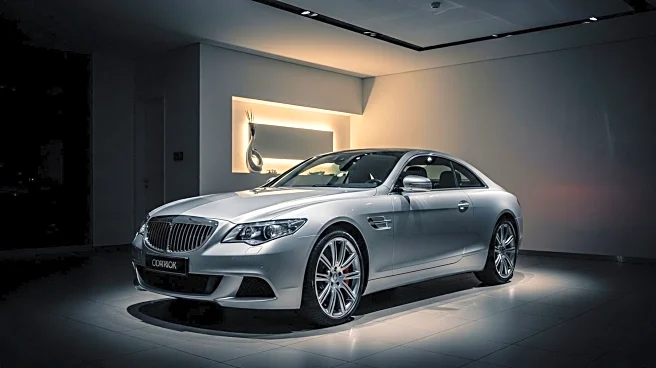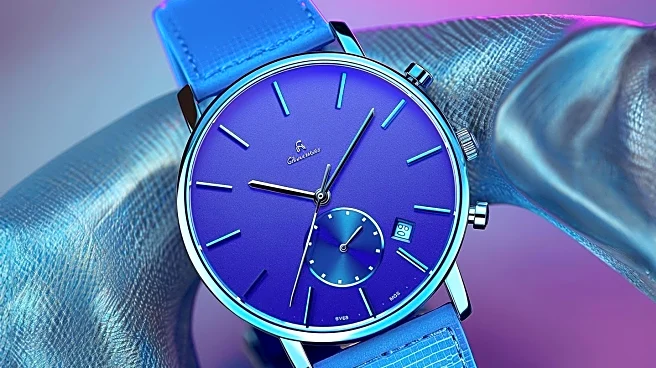What's Happening?
Sales of luxury car brands such as Lexus, Mercedes, BMW, and Land Rover have declined in China following changes to the luxury tax that have affected consumer demand. Porsche, which does not produce in China, saw a 17 percent drop in July sales, according to the China Automobile Dealers Association. The tax changes have led to decreased affordability for luxury vehicles, impacting sales figures and market dynamics in the region.
Why It's Important?
The decline in luxury car sales in China is significant as it reflects the impact of tax policy changes on consumer behavior and market demand. Luxury automakers may face challenges in maintaining their sales volumes and profitability in one of the world's largest automotive markets. The tax changes could lead to shifts in consumer preferences, with potential implications for global production and marketing strategies. Automakers may need to adapt their pricing and product offerings to align with changing market conditions.
What's Next?
Luxury automakers may explore strategies to mitigate the impact of tax changes, such as introducing more affordable models or enhancing value propositions. The industry may engage with policymakers to advocate for favorable tax conditions that support market growth. The decline in sales could influence global production and supply chain decisions, as automakers adjust to evolving market dynamics.









